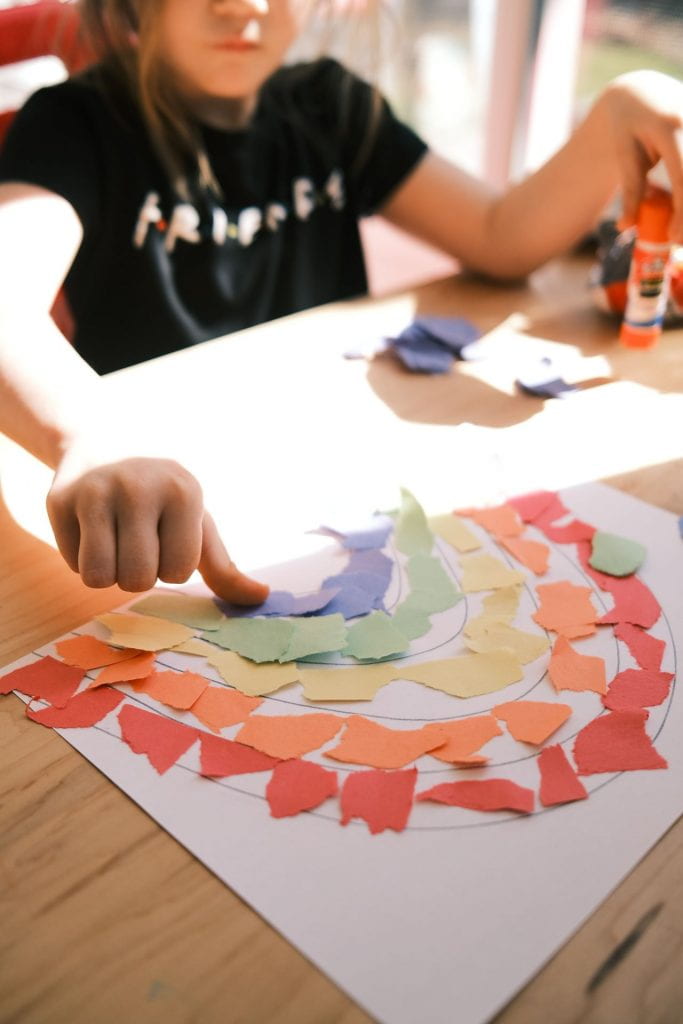
Fairness is a character strength that fits within the relationship arm of the Barwon Heads PS PERMA starfish.
Fair means treating everyone equally and giving everyone a fair chance. Fair is when everyone has their needs met. To be fair you need to remember to treat people the way you want to be treated.
People who are fair play by the rules, they take turns and think about how their actions may affect others.
The following videos show examples of both unfairness and fairness.
This is Our House by Bob Graham
At school and at home, when playing (games and sport) and being with others, there are many examples of writtten and unwritten rules to make things fair to everyone.
Being a positive bystander is another example of fairness.
Some more examples of unwritten rules can be; in my home, people take their shoes off before they come inside if they are muddy or wet so as not to dirty the floors. Another understanding is that we take it in turns to wash the dishes after dinner.
In the classroom, students know to put their hands up if they want to speak as it’s unfair to the teacher and their classmates if they call out. Another unwritten rule is that we are considerate of others, especially our classmates and teachers.
Can you list some rules, or understandings that you can think of that make things fair? Why do we have these understandings/rules?



